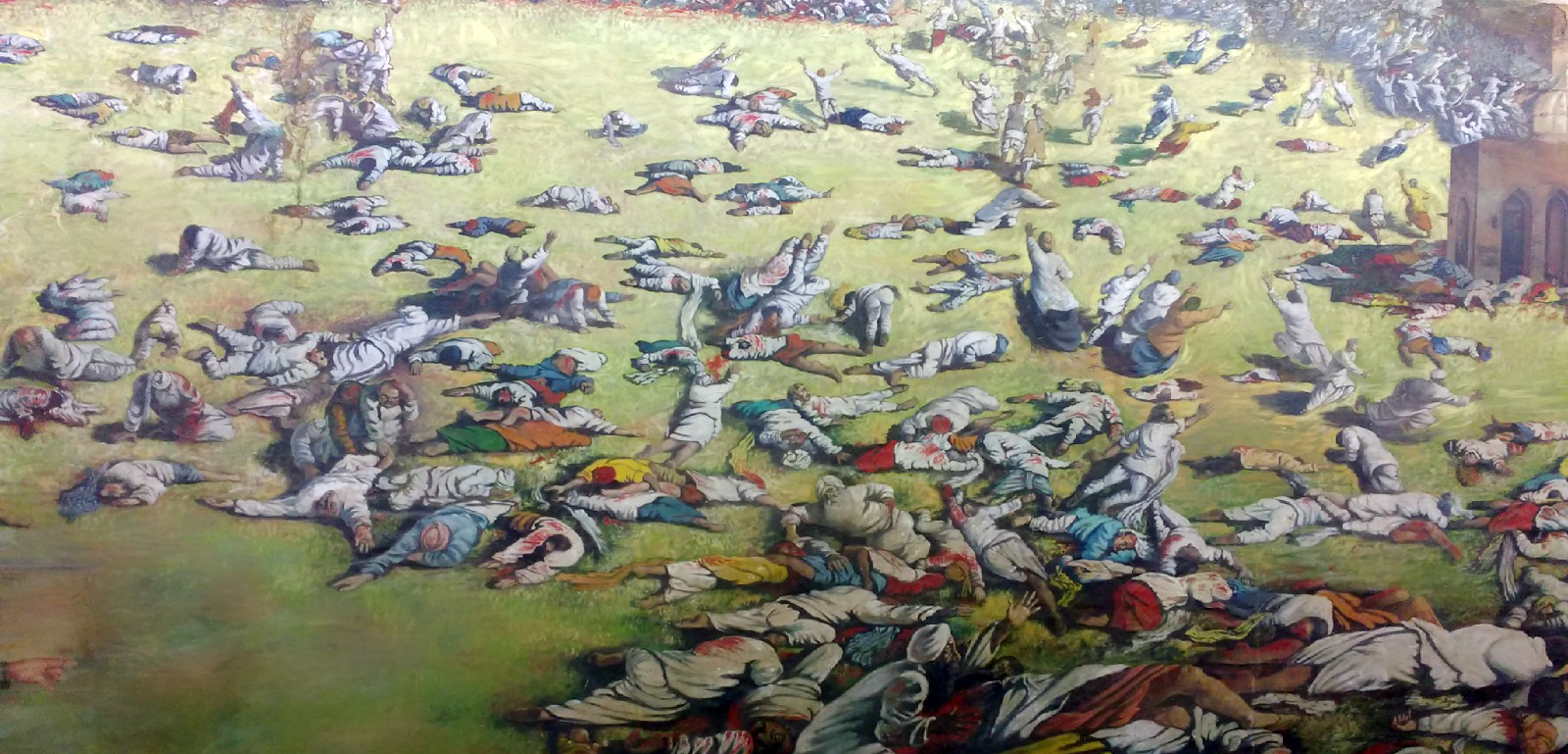
By Vijay Prashad,
In the late 1970s, the Pakistani journalist Altaf Gauhar decided, while in his London exile, to set up a series of reviews and journals to stimulate debate around the Third World’s anti-imperialist agenda. In its first issue, in January 1979, the editor provided the context for this journal, to make the case for freedom for the states of Africa, Asia and Latin America, to revive a discussion of the New International Economic Order (1973) and to ensure that the voice from the Third World was not to be stifled. “Our concern is the Third World: we will speak for it, indeed, speak with its own voice,” wrote Gauhar.
The point of the journal, Gauhar wrote, was to encourage “an open-minded and sympathetic search for establishing an international order based on justice”. Early voices in the journal included Tanzania’s Julius Nyerere, Guyana’s Shridath Ramphal, Sri Lanka’s Gamini Corea. In the fourth issue, Gauhar wrote, “A class of British academics and politicians has been assiduously propagating the fiction that the British left behind a whole crop of western democratic institutions, planted and nurtured under prolonged British trusteeship, which the inept and inchoate natives failed to harvest.” This, Gauhar wrote, was fiction. The institutions that the British built in the colony “served imperial interests, commercial as well as strategic” and not the well-being of the people. This was the ethic of Third World Quarterly.
Over the years, changes have indeed come to the journal. It weathered the storm when Gauhar’s main sponsor – the Bank of Credit and Commerce International – collapsed after coming under suspicion of money laundering and other financial misdeeds. To some extent the journal was also able to stand above the fray when neo-liberal ideas swept through the academies of the world, demanding that public sector development be given over to private sector growth. There was stubbornness in the journal, a desire to continue to speak for the peoples of the Third World even as its elites had taken a different direction. Shahid Qadir, who took over from Altaf Gauhar, was the captain in these difficult times.
I joined the editorial board of the journal with enthusiasm, eager to help it move forward a new agenda for the peoples of the formerly colonised world. It was with sadness that I, and other members of the editorial board, decided to resign this when the company that owns Third World Quarterly, Taylor and Francis, declined to retract this objectionable essay – objectionable since it is against the values of the journal and because it failed the peer review process. Our resignation letter asks that the journal return to its values and develop an agenda for our present that is not set by the white supremacists and the colonialists. There are plenty of places for them to put forward their views. Third World Quarterly had a different mission. It needs to be true to its history.
Read rest here
